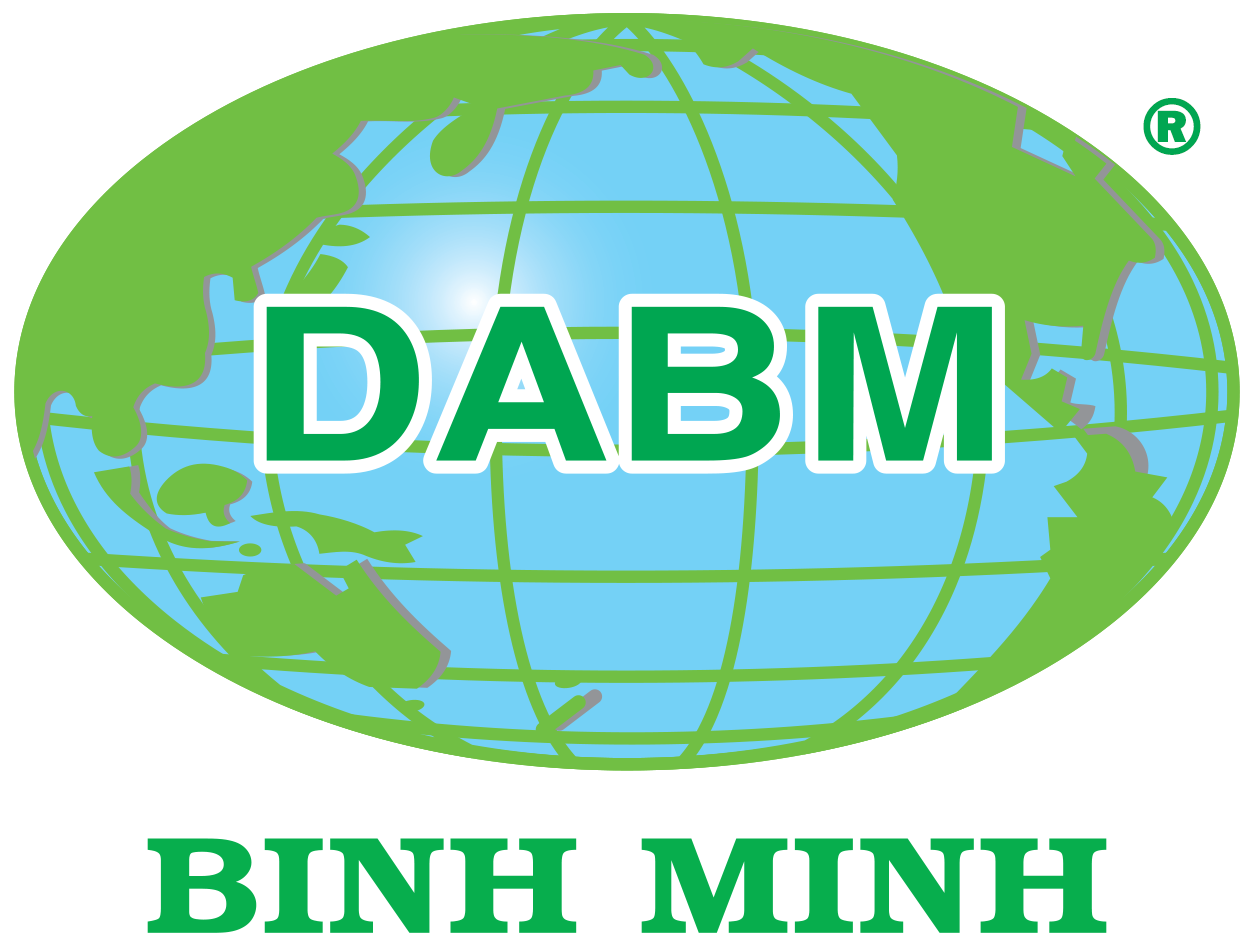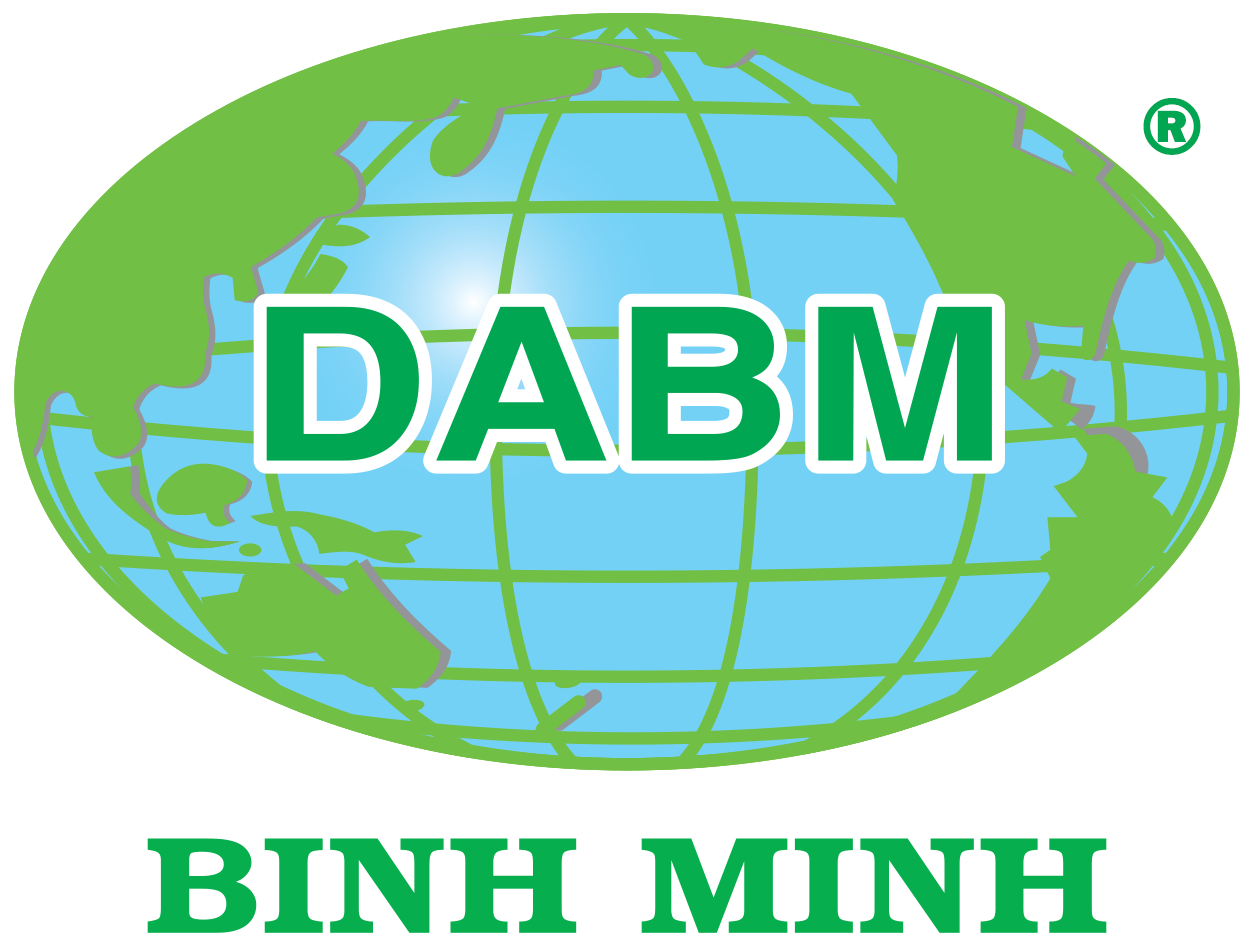ASC has today published a revised ASC Shrimp Standard, as well as new requirements specifically for recirculating aquaculture system (RAS) farms.
“The Shrimp Standard revisions mean that freshwater crayfish and freshwater shrimp farmers can now work towards ASC’s stringent requirements for responsible farming, with the addition of new species to the standard. The requirements for RAS operations will ensure that ASC certification takes into account the unique impacts of this method of farming, which is growing in popularity around the world,” said ASC in a press release.
Revised shrimp standard
The revision to the ASC Shrimp Standard adds four new genera of freshwater species, and means that 99 percent of globally farmed shrimp are now covered by the scope of the standard. The four new genera added to the standard are Cherax, Procambarus, Astacus and Macrobrachium.
Michiel Fransen, ASC director of standards and science, said: “This revision spreads the potential positive impact of ASC by enabling more farmers to apply for certification, which requires both environmental and social responsibility.
“ASC’s Shrimp Standard now includes almost all global shrimp production within its scope. Given the benefits of certification – to farmers, workers, the environment, and local communities – that can only be a good thing.”
The revision of the Shrimp Standard has not only added important new species, but also made a number of other updates ensuring the Standard reflects current best practices.

The new ASC standard includes requirements on energy monitoring and developing strategies to reduce emissions in RAS facilities
New RAS module
RAS farms use recirculation and filtration systems, which enable the farming of aquatic species in contained facilities that can be placed on land. This can reduce certain impacts associated with farming, but can increase other potential impacts – things like energy and water use, and effluent disposal.
To reflect the increasing use of RAS, ASC has developed a RAS module, which includes new requirements that apply specifically to RAS farms. This includes requirements on energy monitoring and developing strategies to reduce emissions, and minimising negative effect on water resources. Any RAS farm will have to meet these requirements, in addition to all of the requirements in the specific ASC standard covering the species they are farming.
As Fransen noted: “Aquaculture is a fast-moving, innovative industry. This means we have to continuously review and adapt the ASC programme to make sure we’re still reflecting the industry, and current best practices.
By The Fish Site
Reference: https://thefishsite.com/articles/asc-publishes-new-shrimp-and-ras-standards
“Domesticated Shrimp Postlarvae – The Key To Success”
See more:
- Rabobank Nhận Thấy Ngành Nuôi Trồng Thủy Sản Có Triển Vọng Mạnh Mẽ Sau Covid
- Đầu Tư Và Đổi Mới
- Khám Phá Cách Sử Dụng PROBIOTICS | Chế Phẩm Sinh Học Trong Ao Nuôi Tôm

 Tiếng Việt
Tiếng Việt 中文 (中国)
中文 (中国)

SẢN PHẨM PHỤC VỤ NỀN NÔNG NGHIỆP XANH
TIN TỨC NỔI BẬT
Using genomic models to evaluate meat yield of Pacific white shrimp
Multi-trait genomic models show that meat yield has low heritability Among the many factors influencing [...]
Feb
How aeration intensity, water quality, nutrient cycling and microbial community structure of biofloc system impacts Pacific white shrimp
Lower aeration intensity produces larger, simpler flocs while higher intensity enhances DHA accumulation The Pacific [...]
Feb
Can brown mussel meal in feed promote growth and cold resistance of Pacific white shrimp?
Dietary addition of mussel meal resulted in a significantly higher final weight, weight gain, relative [...]
Feb
Study tests three natural minerals as feed additives to improve health and growth of Pacific white shrimp
Findings suggest that illite can be used as a functional and eco-friendly feed additive to [...]
Jan
Effect of feeding during off-flavor depuration on geosmin excretion by Nile tilapia
Nile tilapia fed during off-flavor depuration eliminate geosmin in ovaries faster than starved fish Geosmin [...]
Jan
Development of Lactococcus garvieae autovaccine for Nile tilapia
Results suggest protection for fish, alternative approach for testing vaccines Tilapia farming in Zambia is [...]
Jan
Assessing the bacterium Enterococcus faecium as a probiotic for Nile tilapia
Results show great potential to combat Francisellosis and Streptococcosis in Brazil’s aquaculture industry The Nile [...]
Jan
Different routes of formalin-killed vaccine administration and effect on immunity and disease resistance of Nile tilapia
Oral vaccination just as effective as an injectable vaccine This study evaluated the efficacy of [...]
Jan
Dietary potassium diformate improves growth performance of male Nile tilapia
Fish fed KDF diet grew significantly faster than control group Despite strong progress in tilapia [...]
Dec
Effect of microalgae Scenedesmus on Pacific white shrimp and Nile tilapia in a biofloc environment
Study results highlight the potential Nile tilapia has for utilizing biofloc as a food source [...]
Dec
Improving salinity tolerance in tilapia
Variations in salinity tolerance can be used to develop hybrids With the increasing scarcity of [...]
Dec
Sizing up TiLV and its potential impact on tilapia production
Israeli researchers believe Tilapia Lake Virus could spread worldwide, and are working on a vaccine [...]
Dec